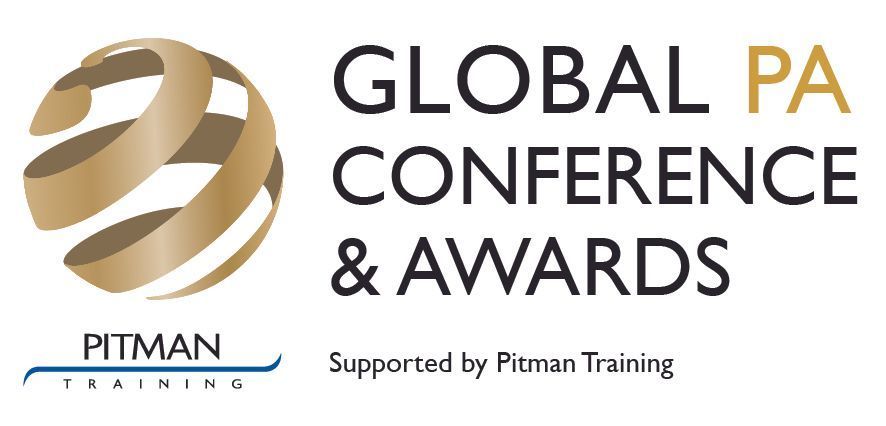When we train PAs and Managers, one of the most frequently asked questions we get is how to become more assertive in the workplace. We have observed this to be a struggle for many people due to their own nature. Some people do not like confrontations or difficult conversations, therefore, they would rather be passive and just take instructions, tasks, or whatever is thrown their way, even if they have better ideas they could suggest. Some others have been labelled “aggressive”, and for fear of challenging higher authorities and losing their jobs, they avoid speaking up. Then there is the category of people who do not know how to present their thoughts without actually being aggressive. This article will help you find the balance on how to be assertive rather than passive or aggressive.
Here are some ways you can politely decline or contribute without being rude or taking more than you can handle and eventually burning out.

Listen, Acknowledge, Present: It is rude to interrupt people when they speak. Listen to what they have to say and make sure you understand their points as acknowledging and repeating it is a powerful way of making a good audience of your listener for your own opinion.
For example:
Aggressive – “your point does not make any sense to me”.
Passive – “I agree with everything you have said”.
Assertive – “your point (…state what they said…) is very understandable, however, I suggest we (…state your own point…)”.
State Valid Points: At meetings or when speaking with your boss or even a client, resist the urge to be a spectator. While it may save you the stress of doing the hard part, it also presents you as irrelevant. Nobody wants to work with an irrelevant person, they might as well work alone.
For example:
Aggressive – *Interrupts and states their opinion*
Passive – *says nothing at all*
Assertive – “Excuse me, I’d like to also add that (…state your idea…)”

Reject Excess Workload: Sometimes, your boss or even colleagues may simply forget your workload and tend to keep adding more to your desk. It is in your interest to speak up and not take on tasks that you cannot meet up with the deadlines. The next time you are assigned more than you can take on, politely remind them of your tasks and priorities.
For example:
Aggressive – “No I can’t do this”.
Passive – “Yes, I will do everything”.
Assertive – “With the tasks I have to do, I can’t make this a priority now, could I work on this (mention when you will have the chance to)?”.
Problem-Solving Skill: As is learnt in our course – “7 Key Management Skills Programme”, problem-solving is invaluable in every team and for every successful individual in general. Where a problem has been identified, you stand out if you proffer solutions rather than sitting and brooding over the problems.
For example:
Aggressive – “I can’t deal with all these problems”.
Passive – “I don’t know what to do about all these problems”.
Assertive – “Let us try to (…suggest a possible and meaningful solution already researched…)”.
Ask for Help: It is wrong to assume people know when and where you need help. They do not read minds. It is a disservice to yourself to not ask for help when you need it.
For example:
Aggressive – “I am tired of all this work”.
Passive – “I can do everything”. OR “I understand what to do”.
Assertive – “I have researched how to do this, but I don’t seem to understand it, could you direct/assist/explain/break it down to me how to do it?”.

Clarify and Summarize: Sometimes, meetings tend to drag unnecessarily, and points are over dragged and repeated. This could be draining and time-consuming. It is okay to help clarify already established points or ask for specific points decided. This is better than trying to set up another meeting without arriving at any conclusions.
For example:
Aggressive – “Nothing has been achieved at this meeting”.
Passive – “can we meet again later to discuss this further?” OR *says nothing and just goes with the flow*.
Assertive – “In conclusion OR Bottomline is (…state the points established and required actions to take next…)”.
Demand for Preferred Tasks: Do not sit and wait to be given a task you will love to do especially when you know you will do them well. You can tell whoever is in charge that you will love to take on certain tasks and possibly tell them how or why you believe they should be assigned to you.
For example:
Aggressive – “I am going to do (…state the task…)”.
Passive – *says nothing and just silently hopes to be asked to do it one day*.
Assertive – “I’d like to do (…state the task…) because (…state the reason why you believe you are fit to do it…), Is it possible that it is assigned to me?”.
For more tips on how to be better at your workplace, sign up for our courses and visit our blog for more free tips.
*Image credit – Canva photos*












